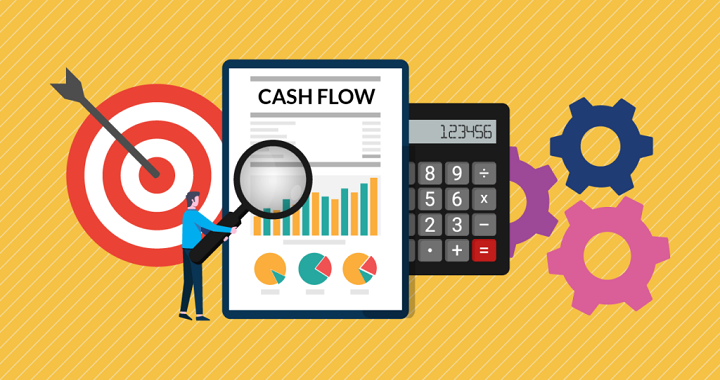Top 10 Personal Finance Tips for College Students

Managing personal finances can be challenging for college students, especially with the pressures of tuition, textbooks, and living expenses. Developing good financial habits early can set the foundation for a secure financial future. Here are the top 10 personal finance tips to help college students manage their money effectively and avoid debt.
1. Create a Budget:
Creating a budget is the first step to managing your finances. Track your income, such as part-time job earnings, allowances, or scholarships, and list your expenses, including tuition, rent, groceries, and entertainment. Allocate your funds accordingly and stick to your budget to avoid overspending.
2. Limit Credit Card Use:
Credit cards can be tempting but can also lead to debt if not used responsibly. Avoid using credit cards for non-essential purchases and try to pay off your balance in full each month. Consider using a debit card or cash to control your spending and avoid interest charges.
3. Build an Emergency Fund:
An emergency fund is crucial for unexpected expenses like medical bills or car repairs. Aim to save at least $500 to $1,000 in a separate savings account. Having an emergency fund provides a financial safety net and prevents you from relying on credit cards or loans.
4. Take Advantage of Student Discounts:
Many businesses offer student discounts on products and services, such as software, transportation, and entertainment. Always carry your student ID and ask about available discounts. Using student discounts can help you save money and stretch your budget further.
5. Avoid Unnecessary Debt:
Be cautious about taking on unnecessary debt. Only borrow what you need for tuition and essential expenses. Avoid using student loans for discretionary spending. Understand the terms of your loans and make a plan to repay them after graduation.
6. Work Part-Time:
Working part-time while in college can provide extra income to cover expenses and reduce the need for loans. Look for on-campus jobs or flexible part-time positions that fit your schedule. Earning your own money helps you gain financial independence and budgeting skills.
7. Cook at Home:
Eating out can quickly drain your budget. Learn to cook simple meals at home to save money on food. Plan your meals, make a grocery list, and buy in bulk to reduce costs. Cooking at home is not only cheaper but also healthier.
8. Use Free or Low-Cost Entertainment:
College offers many opportunities for free or low-cost entertainment. Take advantage of campus events, free movie screenings, and student activities. Explore local parks, museums with student discounts, and other affordable options for fun without breaking the bank.
9. Apply for Scholarships and Grants:
Scholarships and grants are excellent ways to fund your education without incurring debt. Research and apply for scholarships based on your academic achievements, extracurricular activities, and background. Many scholarships are available through your college, local organizations, and online databases.
10. Educate Yourself on Personal Finance:
Improving your financial literacy is essential for managing your money effectively. Take advantage of free resources, such as online courses, blogs, and podcasts, to learn about budgeting, saving, investing, and managing debt. The more you know, the better financial decisions you can make.
Conclusion:
Managing personal finances as a college student may seem daunting, but with the right strategies, you can build a strong financial foundation. Start by creating a budget, limiting credit card use, and building an emergency fund. Take advantage of student discounts, avoid unnecessary debt, and work part-time to increase your income. Cooking at home and using free or low-cost entertainment options can further stretch your budget. Apply for scholarships and grants to reduce your education costs, and continuously educate yourself on personal finance to make informed decisions. By following these top 10 personal finance tips, you can manage your money effectively and set yourself up for a financially secure future.





